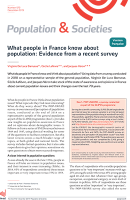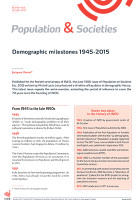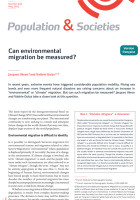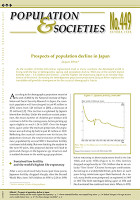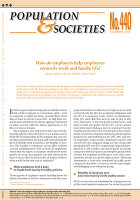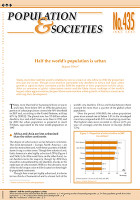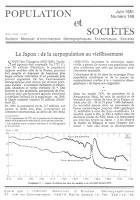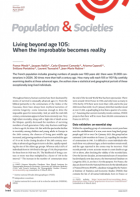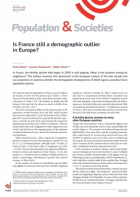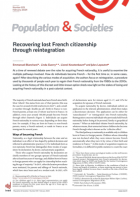
La crise dix ans après. Quels effets sur la conjoncture démographique des pays d’Europe du Sud ?
Collection : Documents de travail
n° 239, 2018, 176 pages
The financial crisis that appeared in the United States in 2007 spread very quickly, and Southern Europe was particularly affected. To what extent did the financial and economic crisis encountered in Italy, Spain, Portugal, and Greece (in an extreme case) trigger a demographic crisis? This working paper helps to answer this question by analysing the literature as well as demographic indicators in Southern European countries.
In some areas, the impact of the crisis is difficult to measure. This is the case for both nuptiality because of a long-term decrease in marriage rates, and for mortality, which, overall, continues to decline despite the deterioration in health conditions of certain categories of the population. In other areas, trends encounter redirections or even distinct reversals. Such is the case for fertility in regions where slight increases had begun, such as in Spain but also in Greece and southern Italy. The effects of the crisis on population mobility are also clearly visible, with a reversal of migration flows. It is mainly young adults, regardless of their level of qualification, who have left their home country to seek employment abroad.
At first, social policies played a contracyclical role, compensating families in difficulty for the economic effects of the crisis. However, this role was short-lived due to the dramatic decline in public spending, especially in Greece.



